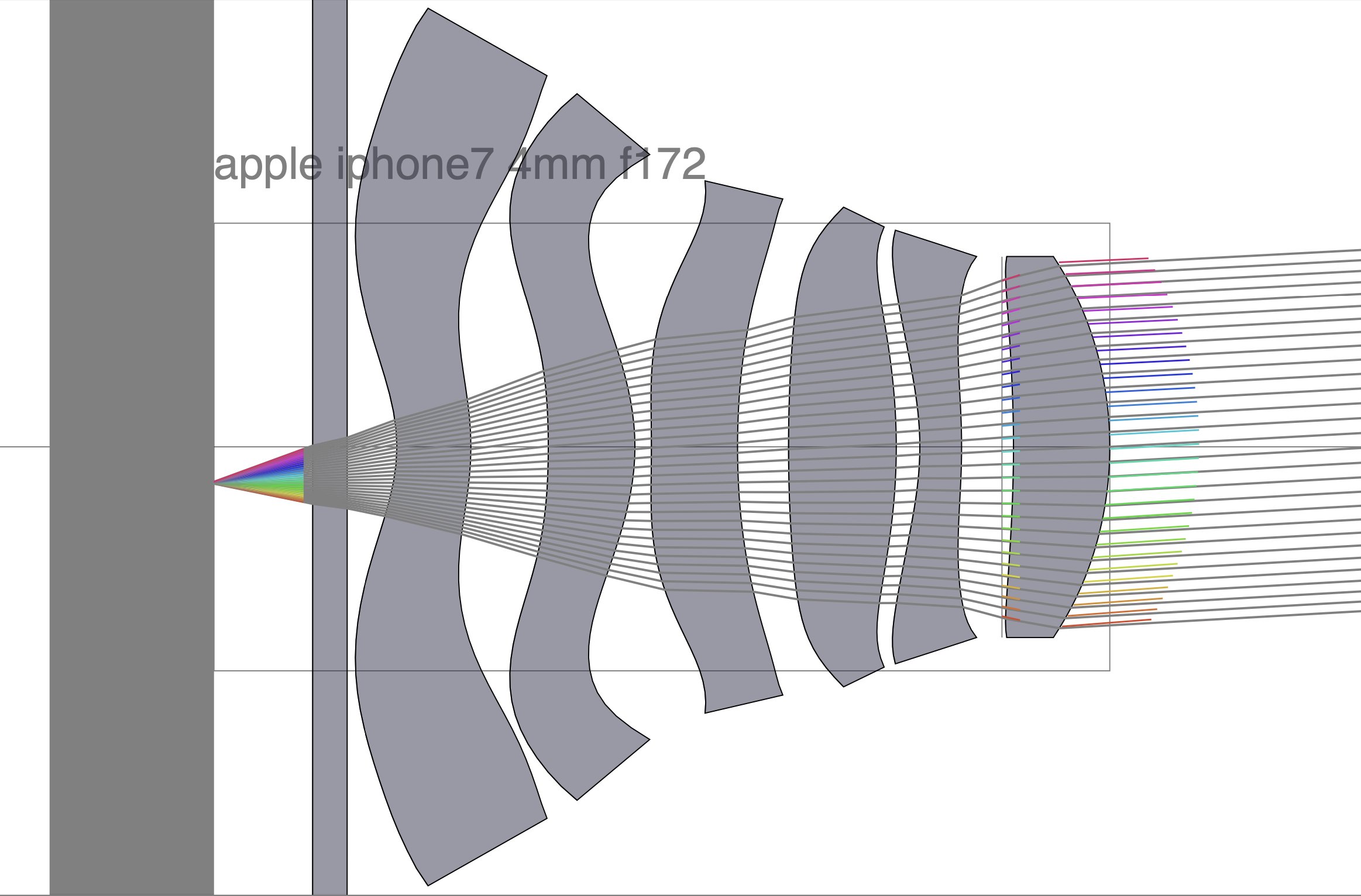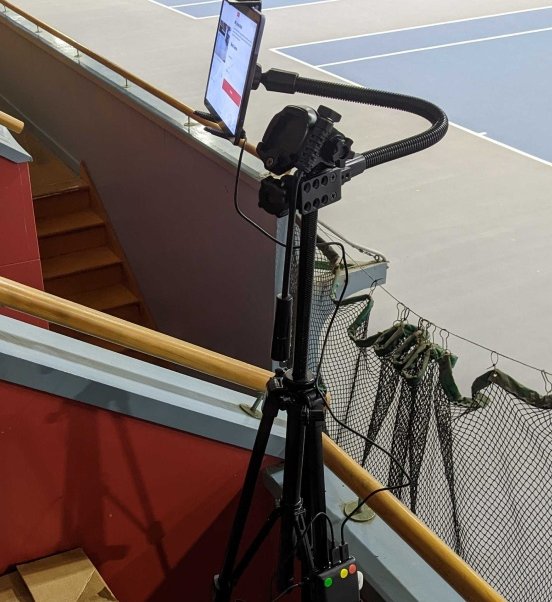For indoor sports, in particular, an 


However, there are still certain limitations that make dedicated cameras or professional equipment more suitable for filming sports, consider if any of these apply to your setup:
-
Limited zoom capabilities: Smartphones typically rely heavily on digital zoom, which degrades the image quality when zoomed in. In contrast, dedicated cameras often have optical zoom lenses that maintain image quality even when zoomed in on distant subjects, allowing for better capturing of the action. It is also hard to control the zoom reliably in high-action sports without physical hardware controls.
-
Limited manual controls: While smartphones offer some manual settings, they are usually limited compared to dedicated cameras. Adjusting settings like shutter speed, aperture, and ISO can be crucial for capturing fast-paced sports action and achieving desired effects.
-
Image stabilisation: Sports often involve fast movement, and capturing steady footage is important. Many dedicated cameras have advanced image stabilisation technologies that help reduce camera shake and produce smoother videos, whereas smartphones may struggle to stabilise footage effectively; although more modern phones are attempting to address this with more sophistication.
-
Battery life: especially if you're covering an entire game or multi-game event. Smartphones tend to have limited battery life, and continuous filming can drain the battery quickly. Dedicated cameras generally have longer-lasting batteries or the ability to swap them out for fully charged ones. You can look into a battery pack too to help with this.
-
Durability and ergonomics: Sports filming can be physically demanding and involved, smartphones may not be as robust or ergonomically designed for prolonged use as dedicated cameras. Dedicated cameras often have better build quality, weather sealing, and ergonomic features like handgrips, zoom controls, and/or viewfinders, allowing for more comfortable and stable shooting. Scoring and filming on a small device at the same time is difficult, and tablets can be quite clumsy.
Smartphones have become increasingly capable and convenient for casual sports filming and work well indoors/where there isn't much need to change the picture other than pivoting on a tripod. They are ubiquitous and some of the above drawbacks may become less applicable over time, but zoom will likely always be something of a problem.

